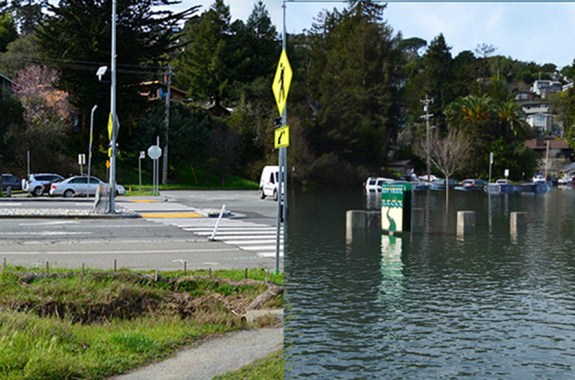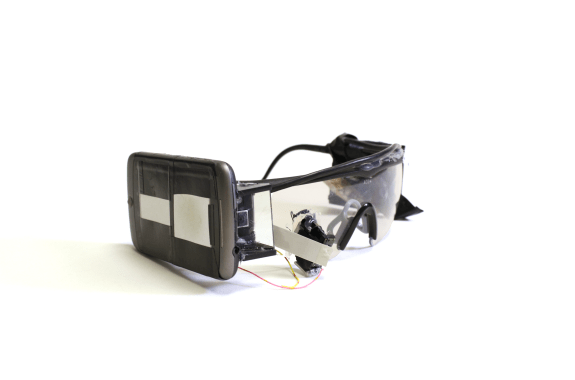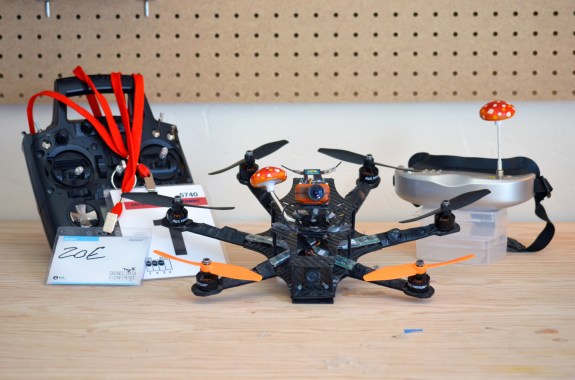Radio
Listen to Science Friday live on Fridays from 2-4 p.m. ET
April 18, 2025
Are traffic engineering decisions based on evidence-based research? Not as much as you might think. Plus, researchers captured the first confirmed video of a colossal squid swimming in its natural habitat. And, with brain-implanted devices, people with paralysis have been able to command computers to “move” virtual objects and speak for them.
12:13
Polio-free Nigeria, Ant Cooperation, and Tweet Takedowns
Brooke Borel, of Popular Science and the blog Our Modern Plagues, shares this week’s top science news.
17:32
Deconstructing School Discipline
Researchers rethink discipline in an effort to break down the “school-to-prison” pipeline.
8:00
Can Intestinal Bacteria Shape Response to Early-Life Stress?
A new study investigates the link between the gut and the brain in mice.
8:18
So Flashy: The Chemistry Behind a Firefly’s Glow
Scientists work to understand the chemistry and benefit of firefly flashes.
11:37
A Device to Visualize Your Climate Change Future
In Marin County, California, augmented reality binoculars are helping locals visualize sea level rise—and plan for it.
20:18
Wearable Technology Goes Way Back
Google Glass, Fitbits, and the Apple Watch are just the latest products in a long evolution of wearable technology.
7:59
Black-Market Marijuana Farming Is Far From Green
Illegal pot farms north of San Francisco are repeating many of the environmental sins of the logging era, like clear-cutting and road building.
11:56
An HIV Mystery, the Search for E.T., and a Bug Bite Itch Zapper
BuzzFeed News science editor Virginia Hughes shares her top stories from this week in science, and astronomer Seth Shostack debates the pros and cons of attempting to contact E.T.
17:31
Tips and Hacks for Navigating Recreational Drones
From pocket-size drones to camera-equipped quadcopters, drone educator Steve Cohen navigates us through tips for buying and building personal drones.
7:41
Can Studying Dolphins Give Insight Into Human Disease?
Dolphins can switch in and out of a metabolic syndrome that resembles pre-diabetes in humans.




